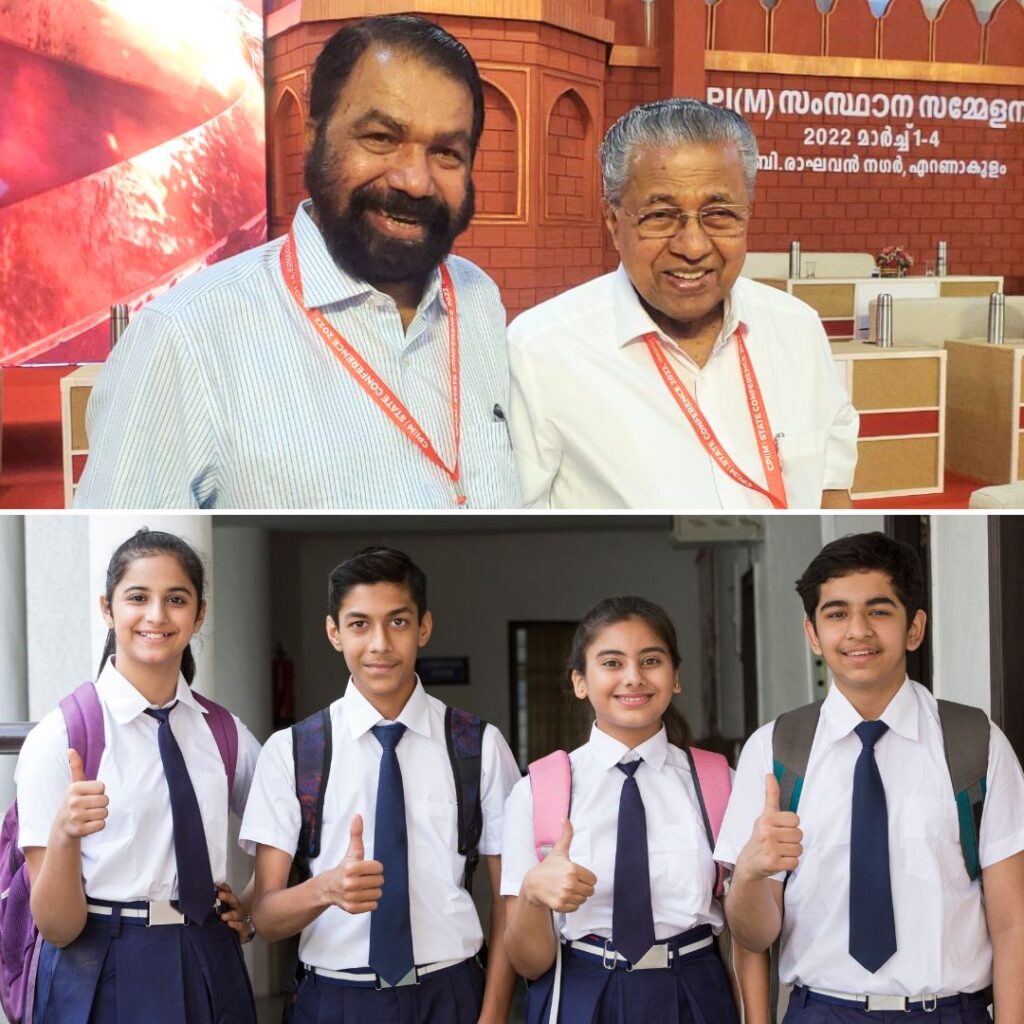Perhaps you’ve heard of this phrase “net neutrality”. And about some tussle over it.
And perhaps you’ve let it slide from your consciousness, because it doesn’t seem like it could concern you, especially in India.
But lend me your eyes for a few minutes and let me tell you how India’s telcos and telecom regulators are trying to pull wool over them.
First, is there a problem now? Actually no. You’ve enjoyed the internet, the way it’s supposed to be – freely and fully, till now. But in 16 days from the day I write this – April 22, 2015, the telecom regulators in India are preparing to recommend that it all change. Against you.
Here’s what the big fight is all about.
Till recently, the telecom companies had enjoyed a great run in India, making tens of thousands of crores in profits over a long run, as India grew to 800 million mobile phone users from virtually nothing.
During this time, they’ve largely focused on selling voice minutes – while at the back end they have been using voice over internet protocol (or VOIP) to connect with other telcos and deliver calls using the internet. And given that the cost of VOIP is a tiny fraction of the cost of traditional voice calls they were charging, they raked in the moolah.
But, now thanks to the likes of WhatsApp and Skype and Google Hangouts, consumers can get the same voice calls delivered at internet prices, direct to their handsets. And this has the telcos running scared. Their margins are eroding.
So now the telcos want to charge for the internet differently, based on how you use it. By now you’re saying – sure, if I use more bits and bytes, I’m ready to pay more. Actually, as bandwidth is infinite, the cost of bandwidth goes down globally all the time, you rarely pay more. But the telcos know this.
No – this is different – they want the right to charge what they want, when they want and how they want, with no logic whatsoever. In effect, if Airtel doesn’t like YouTube but wants to push its own video app Wynk – it wants the right to offer that for free while charging you a bomb to access YouTube.
One of our telcos, Reliance, has already gone ahead with this Facebook-driven evil scheme called Internet.org – where you can access Bing for free, but you have to pay to access Google – and you have access to BabaJobs for free, while you have to pay for Naukri.com. They’ve sold it as a “solution for poor countries” but what they really mean is that it’s a “solution to keep countries poor”.
This breaks the very nature of the Internet.
In the US, this kind of differential pricing at whim has been made illegal. The US government has ruled strongly in favour of net neutrality.
But in India, the telcos have managed to get one person to write a “consultation paper” on behalf of the supposedly-independent TRAI (Telecom Regulatory Authority of India) asking for public opinion on allowing telcos to break net neutrality.
The note -which is terribly written, and deeply biased is here. If you don’t want to read through 117 pages of shoddily-written propaganda full of deliberately confusing jargon, there’s a much shorter summary by my friend @Nikhil Pahwa of Medianama at Http://Tinyurl.com/TRAIpaper and a set of answers to frequently-asked questions at Http://tinyurl.com/TRAIfaqs
But if you want the really, really, really short summary, here is logic in the TRAI paper: Telcos have invested lots of money to build out the network. They used to make a lot of money off it. But now other people are making money on this network, because they innovated while the telcos did not – so this is a bad thing. So we need to let telcos charge people however they want so telcos can make the money they need. Basically: poor telcos. Sob, sob, sniff, sniff.
This TRAI Consultation Paper is a load of complete bullshit.
For the following reasons. The first fallacy: that the telcos did us a favour. To start with, the airwaves are ours, the people of India’s. Telcos bid for and paid a license fee to our representatives, the government of India, to temporarily license our airwaves to sell their networks on it. So building out the telecom network in India wasn’t a favour someone did for us – we asked these firms to do it and they paid us for it and profit from it. They knew what they were buying, they paid for it, and they got it. Now the world has moved past their fat margins on their outdated technologies, and they’ve failed to innovate. Other people, not telcos, have built WhatsApp and Skype. Their problem. Not ours.
Second fallacy, these firms are hurting financially. Nonsense again. Look at the publicly-quoted revenue figures of Indian telcos – and you’ll find that, like in any other business, some did very well, some did very badly and others did middlingly okay. Like in any other business. And look at them historically – they’ve all more than recovered the amounts they bid for the spectrum. No one is in the poorhouse. And even if they get into the poorhouse in the future, we don’t…












